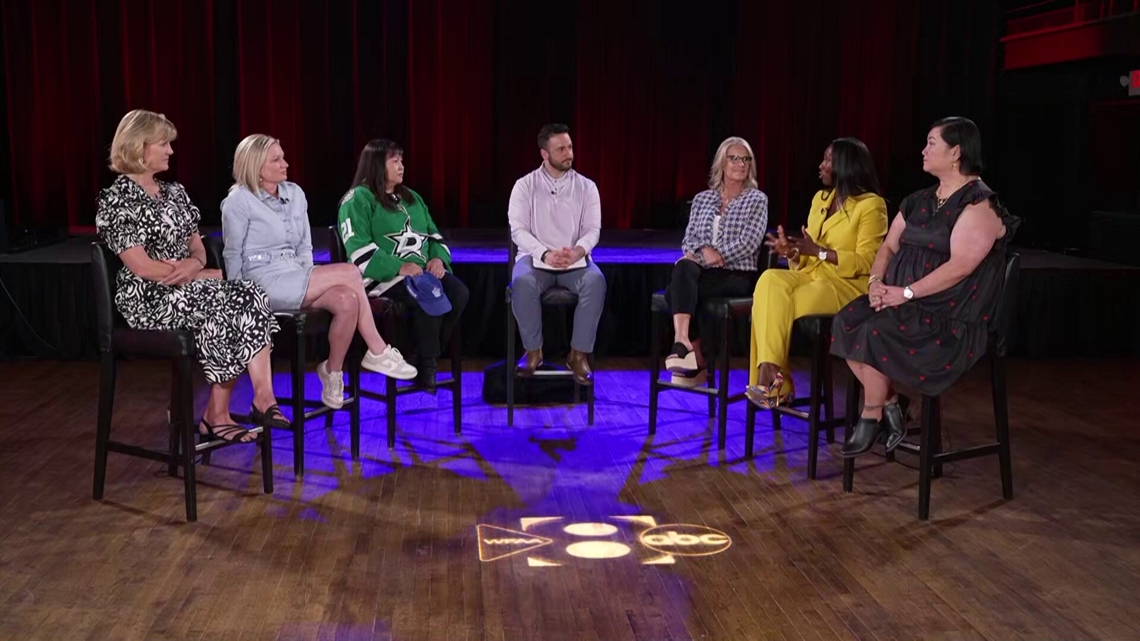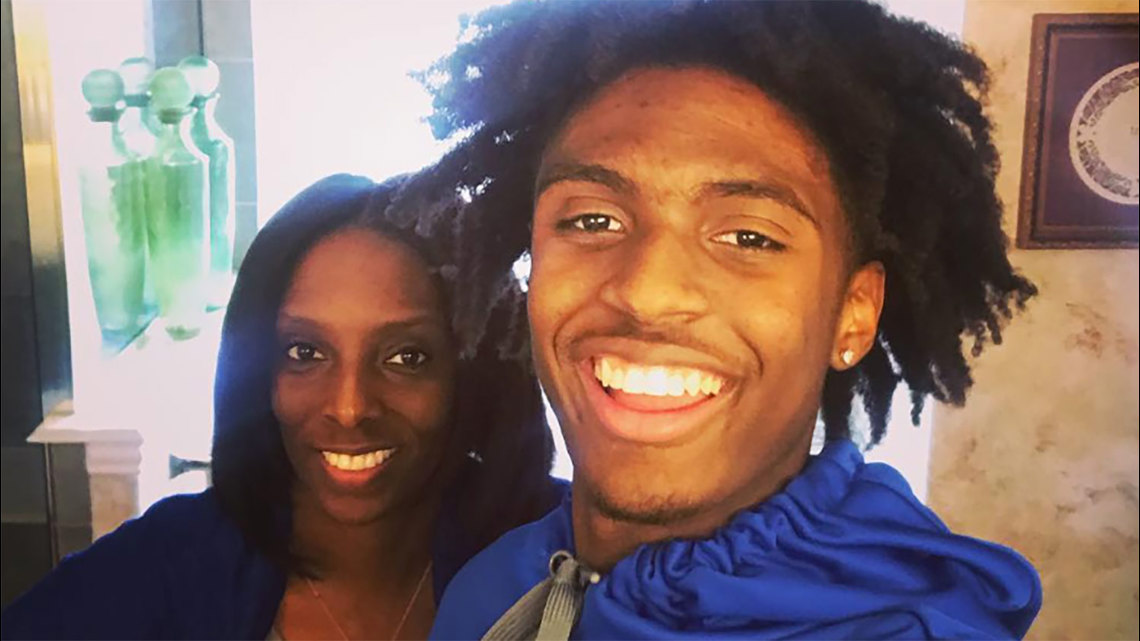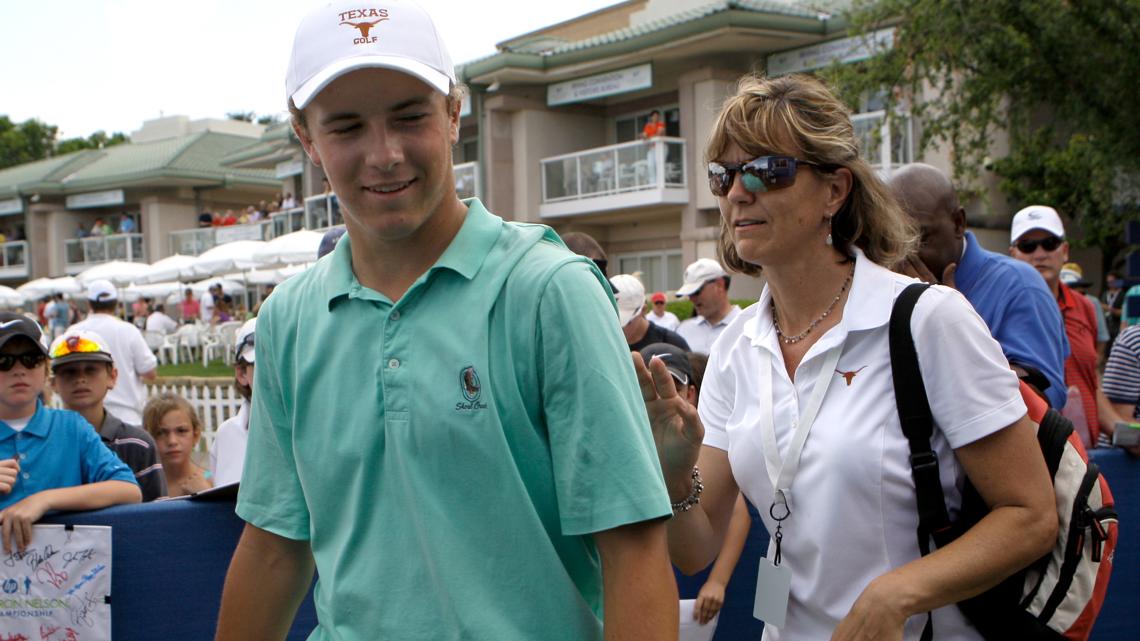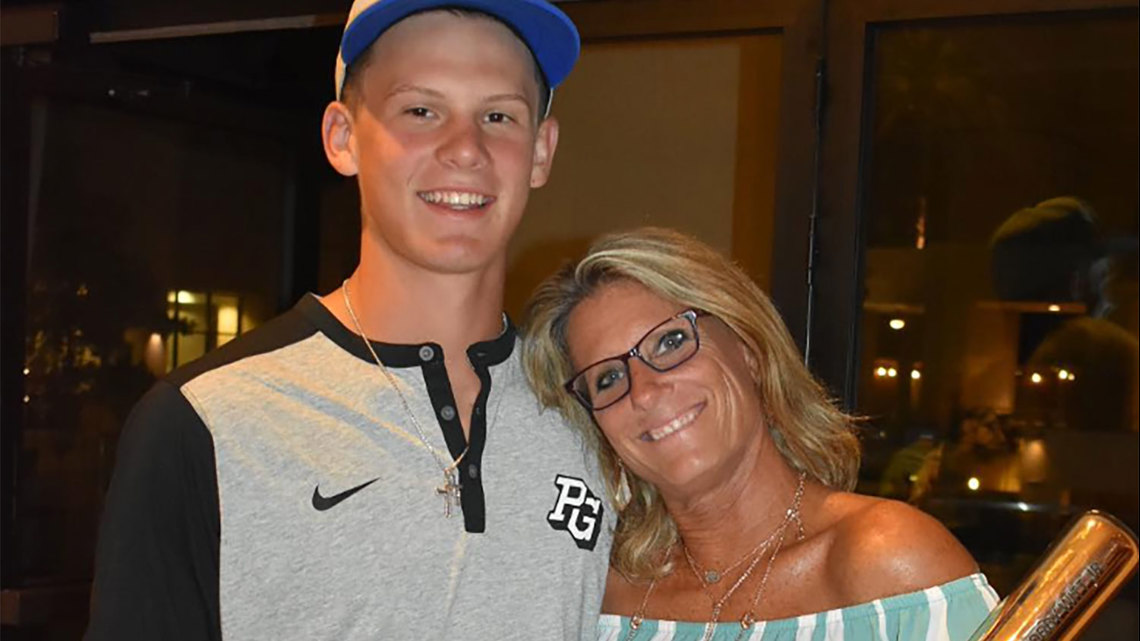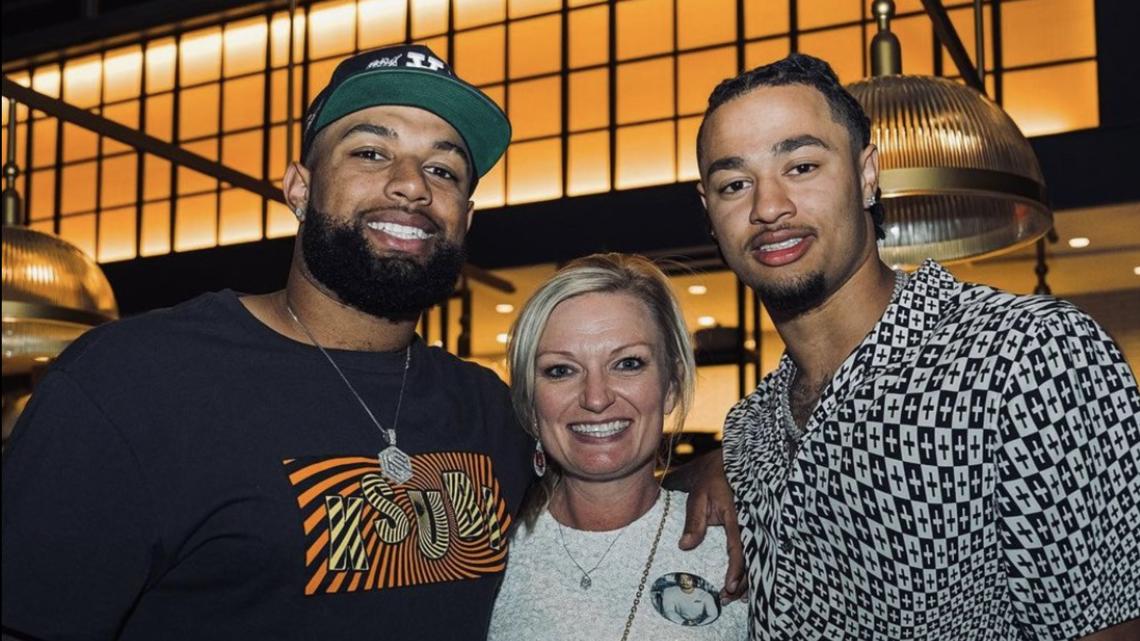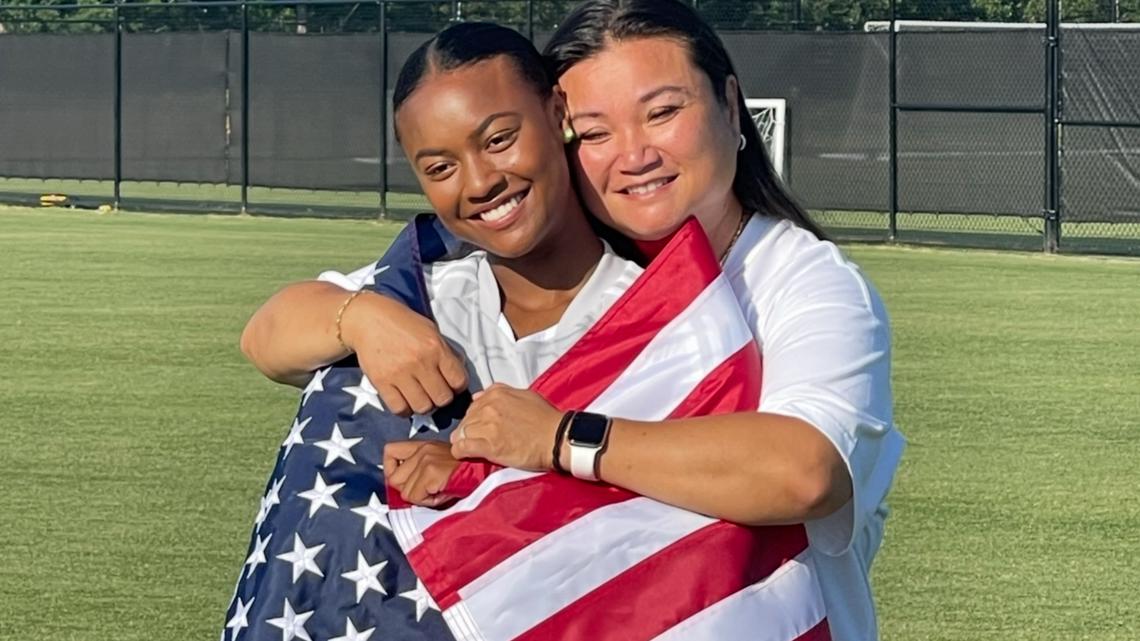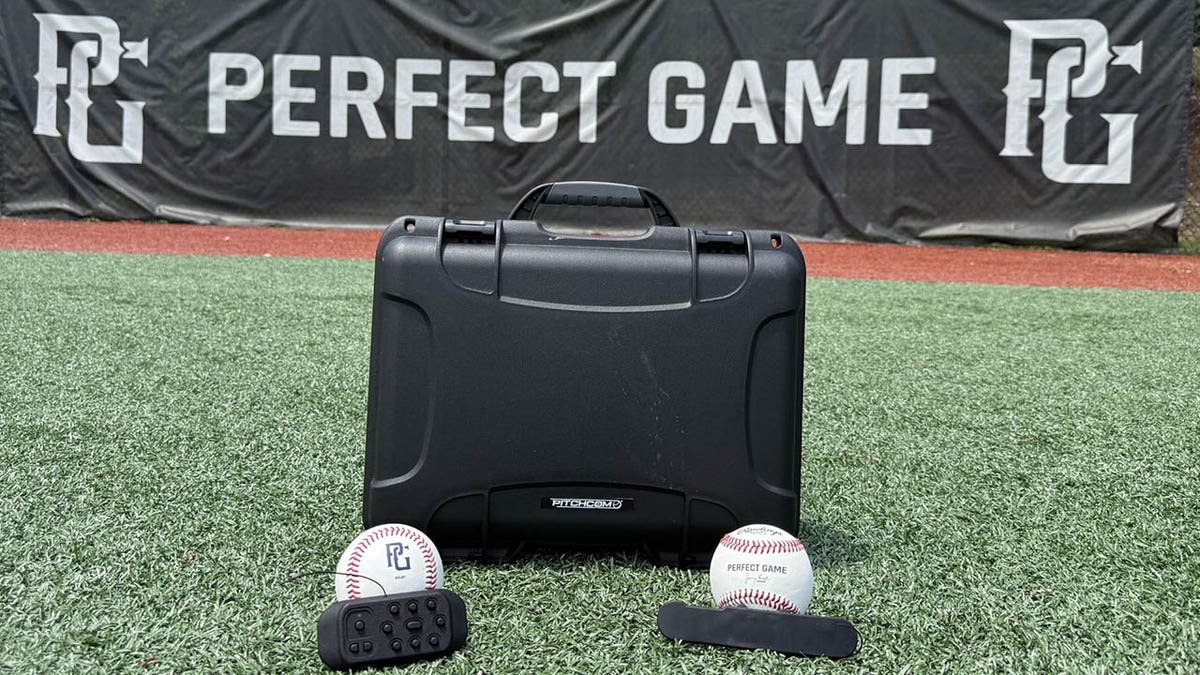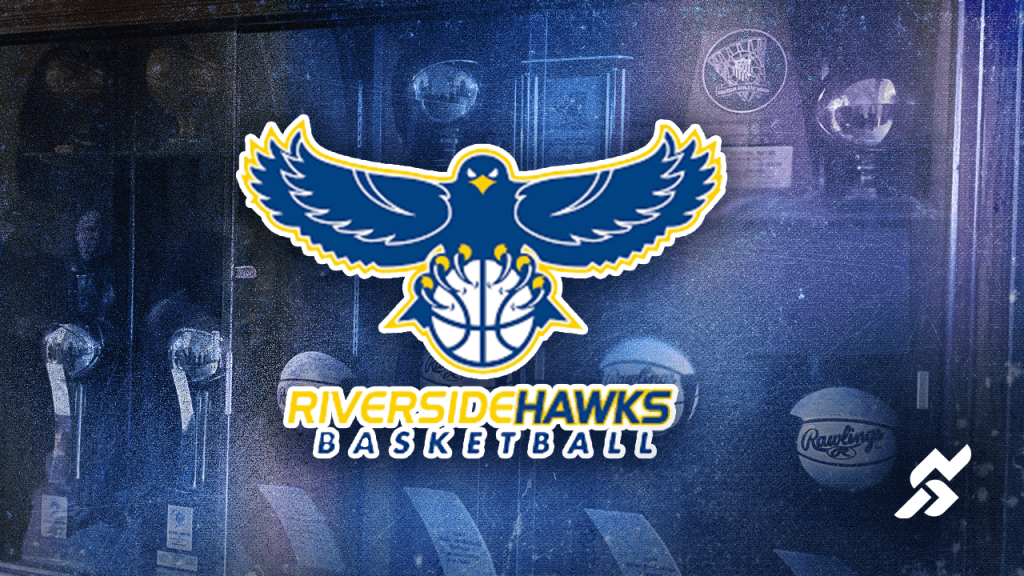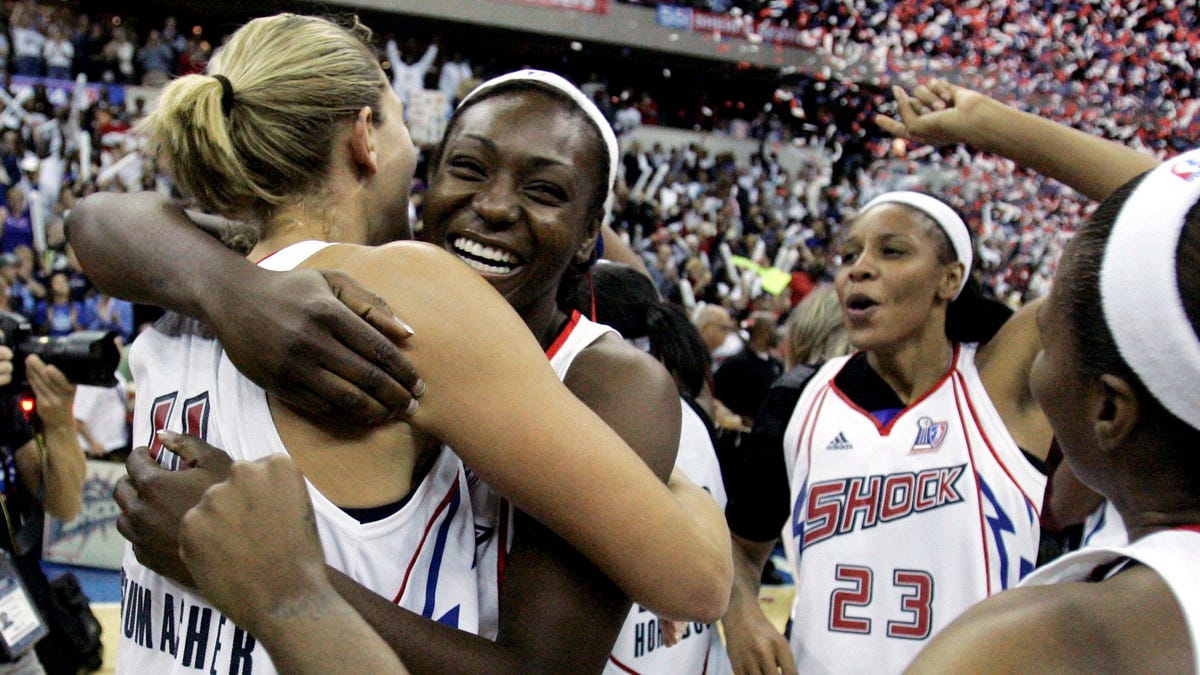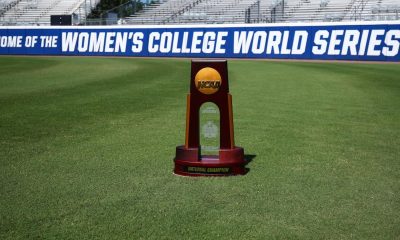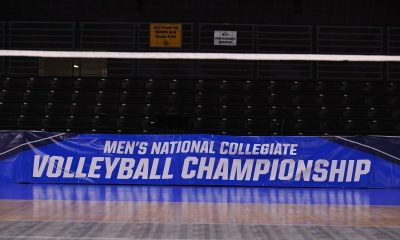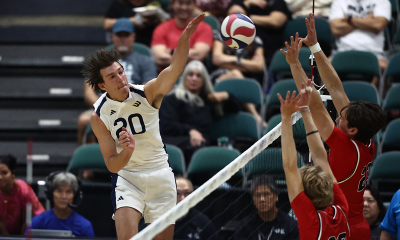NEWYou can now listen to Fox News articles!
EXCLUSIVE: PitchCom was introduced to MLB at the beginning of the 2022 season, and the communication system has quickly become prominent in the baseball world, overhauling pitcher-catcher communication.
Perfect Game, a youth baseball company that promotes baseball by hosting high-quality amateur events and providing exposure for players to play at higher levels, is the first organization of its kind to partner with PitchCom, Fox News Digital exclusively learned Thursday.
PitchCom emerged after the Houston Astros sign-stealing scandal during their World Series run in 2017 rocked the baseball world.
CLICK HERE FOR MORE SPORTS COVERAGE ON FOXNEWS.COM
PitchCom devices on a field with the Perfect Game logo. (Courtesy of PitchCom)
John Hankins, co-investor and co-owner of PitchCom, saw that MLB had a need for a communication device that could prevent sign stealing. The challenge was the device couldn’t be vocal, and MLB officials didn’t want players to wear a communication device on their bodies.
Hankins came up with PitchCom, which allows a catcher to press a button on a transmitter to call pitches. The transmitter sends prerecorded audio clips to the receivers, who in turn will hear the pitch call and defensive signals.
The pitcher and fielders wear the receiver in their hats and can hear what the catcher inputs, allowing for clear and secure communication safe from being stolen, unlike traditional catcher signs.
When Major League Baseball first heard of it, it loved the idea.
TIGERS’ TARIK SKUBAL PITCHES INCREDIBLE GAME IN WIN OVER GUARDIANS: ‘SKY IS THE LIMIT’
“(We had) a meeting before a playoff game. The immediate response was this solves all of our problems,” Hankins told Fox News Digital.
“That was nice, and we left the meeting feeling pretty good. But, within about an hour, we got another phone call that said, ‘Can you meet with 20 of our executives on Zoom tomorrow. That was a positive sign.”
After that meeting, Major League Baseball became PitchCom’s first client.
Jered Goodwin, the vice president of scouting operations at Perfect Game, trains with MLB players during the offseason. Goodwin told Fox News Digital the players had “a ton of positive feedback” about PitchCom.
San Francisco Giants catcher Blake Sabol (2) adjusts his PitchCom device during the eighth inning against the Milwaukee Brewers at Oracle Park May 7, 2023. (Darren Yamashita/USA Today Sports)
“I can tell you from a guy that gets to coach some pitchers during the offseason, they love being on a level playing field,” Goodwin said.
“They’re throwing a pitch without anybody on the field being able to know what’s coming (prior to PitchCom), and there’s been open conversations about that. There hasn’t been a lot of negative feedback. You get some transmitters you got to replace, but it takes a really short amount of time. And I think really everybody in baseball, players to owners and especially fans, have loved the pace of play and the shorter games.”
“Obviously, some other rules were put into effect as well, but the direct communication in the short amount of time it takes has definitely been a ton of positive feedback.”
ROCKIES FAN FILES LAWSUIT AGAINST MLB TEAM, CLAIMS TO HAVE SUFFERED INJURIES DUE TO CLUB’S LACKLUSTER OUTPUT
Goodwin said he first thought of trying to bring PitchCom to Perfect Game when MLB began using it. He called it an “easy decision” to bring PitchCom into youth baseball and to form a partnership.
“I knew very early on that this was going to be something that was going to stick, so as it’s grown into major college baseball, to MLB, it’s great that we got to have a direct path for our players and our coaches to be able to learn operationally, intensely during a game. Anything like that of what they are going to use directly at the next level. So, it really was on the agenda as soon as it could be scaled,” Goodwin said.
Jon Updike, vice president of customer relations at PitchCom, said the device offers youth players benefits beyond just pitcher-catcher communication.
San Francisco Giants pitcher Spencer Bivens (76) holds his glove to his ear to hear his PitchCom against the St. Louis Cardinals during the ninth inning at Oracle Park Sept. 28, 2024. (Robert Edwards/Imagn Images)
“It’s just not calling the pitches,” Updike said. “It’s the ability to send in maybe technical cues, but even more so than that, ‘Hey, great job’ or ‘You’re going to get them next time.’
“You are able to send in some psychological messages to them as well that will help either uplift them or snap them into place, which is a lot easier when it’s being whispered to an 8-year-old or a 12-year-old or 14-year-old’s ear than being yelled across the field.”
Goodwin said the introduction of PitchCom into Perfect Game will allow for more development among kids.
“Being able to talk through, especially with direct communication, being able to talk directly about why you called a pitch, how you were calling a pitch, being able to go over what those different reasons were, because you’ve got just an extra second to be able to do it. When you can speed up the game but also slow down the process, some real development of the ‘why?’ can happen,” Goodwin said.
SHOHEI OHTANI’S FIRST TIME PITCHING TO HITTERS AS A DODGER IS A SUCCESS: ‘HE’S A TOP-END STARTER’
“I think you are going to see some things come out directly related to PitchCom helping with development. Whether it’s pitch calling, whether it’s the speed of the game, whether it’s location that (is) really going to help the youth be able to understand how they are trying to attack, why they are trying to attack, why this in that situation or that pitch in this situation and that’s one of the things that nobody is really dove into yet.
“But at Perfect Game we are constantly trying to find different ways to develop, and I think this is going to be a real asset to young ballplayers.”
Not only does Goodwin believe PitchCom will help players’ development. It should also change the way coaches teach and communicate in games.
“It speeds up the time, but it also slows down what’s going on. Reaffirm some of the things that you might have gone over in practice. So, I think it’s such a huge advantage when these young athletes are going to be able to have that sense of pace, but also a sense of communication and development at a younger age,” Goodwin said.
Baltimore Orioles catcher James McCann adjusts his PitchCom system during the first inning of a game against the Cleveland Guardians at Oriole Park at Camden Yards May 29, 2023. (Tommy Gilligan/USA Today Sports)
Updike said the introduction of PitchCom at the youth baseball level will make for cleaner games because of the enhanced communication the device allows.
“I see it has an opportunity to reduce pitches, which will directly, in turn, have a chance of reducing over usage and injury,” Updike said. “Just from having better information or paying attention to it. And then, on top of that, it makes it a cleaner baseball game. Less wild pitches, less cross-ups and more quality executed pitches.”
The voice that comes through the transmitter is an AI-generated voice, but Updike said the voice can be “anybody’s voice.”
CLICK HERE TO GET THE FOX NEWS APP
“It’s a simple, easy, clean process. And then what we found is that some of our colleges and some of our major league clubs would run the tracks through an AI voice generator to create something else. Whether it was a star or a famous voice and then put it on, sometimes even recording other players, it’s kind of like your limitation is your imagination with it,” Updike said.
Updike said he heard one pitcher in college baseball customize the voice to be his favorite musician.
“I won’t give up the secret sauce for a few clubs, but like we have a college, a really good NCAA team, their Friday night guy is a real good pitcher, and he’s got a musician that he loves, or a rapper, and it’s that rappers’ voice every time they call a pitch. So, it’s unique to see how creative everybody’s been with the product,” Updike said.
Goodwin said he heard a story about how a coach programmed the voice to be a player’s mother’s voice, and that it provided good results for the player.
Baltimore Orioles catcher Adley Rutschman covers a PitchCom device during the first inning against the Los Angeles Angels at Oriole Park at Camden Yards May 17, 2023. (Tommy Gilligan/USA Today Sports)
“The guy had a really close relationship with his mom, and the coaches wanted to see if that in turn would kind of be a calming presence. So I thought that was pretty cool, pretty interesting. Obviously, a lot going on with sports psychology now and things like that. So, I think there are a lot of things that you can do here even from voice recognition to maybe help kids, and maybe not,” Goodwin said.
“I do know that in the early stages of this the kid actually did very well when it happened.”
The PitchCom’s will be given out to Perfect Game in August, and coaches and players will be able to use them for the All-American Classic and PG Select Festivals.
Follow Fox News Digital’s sports coverage on X, and subscribe to the Fox News Sports Huddle newsletter.
Ryan Canfield is a digital production assistant for Fox News Digital.



